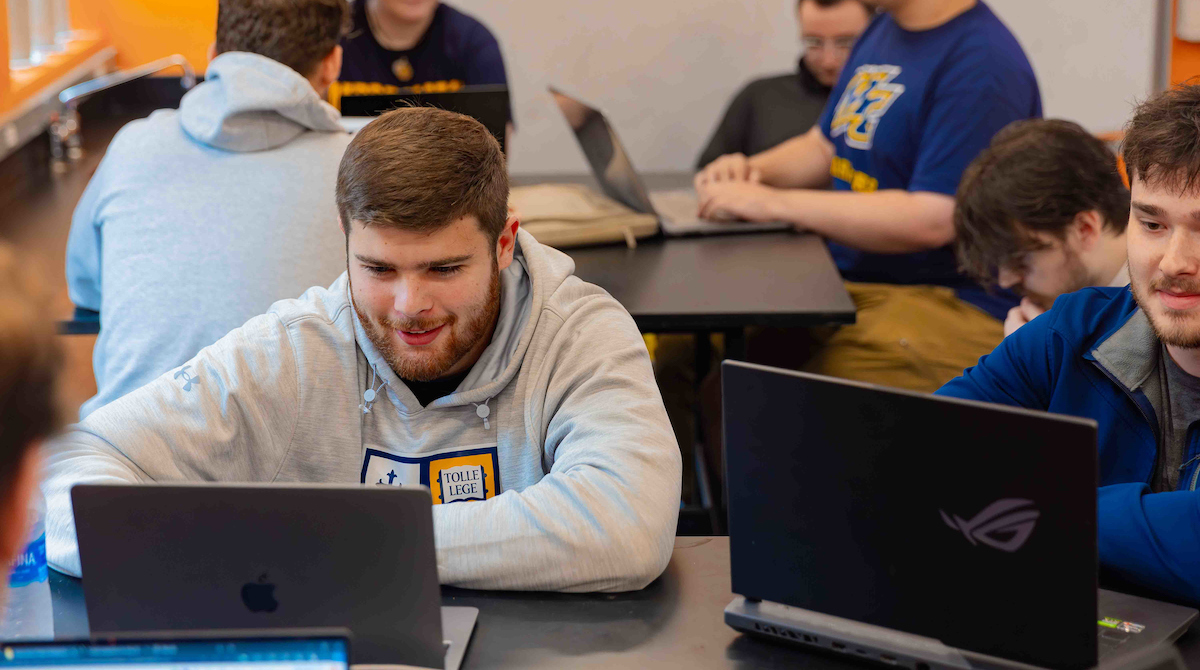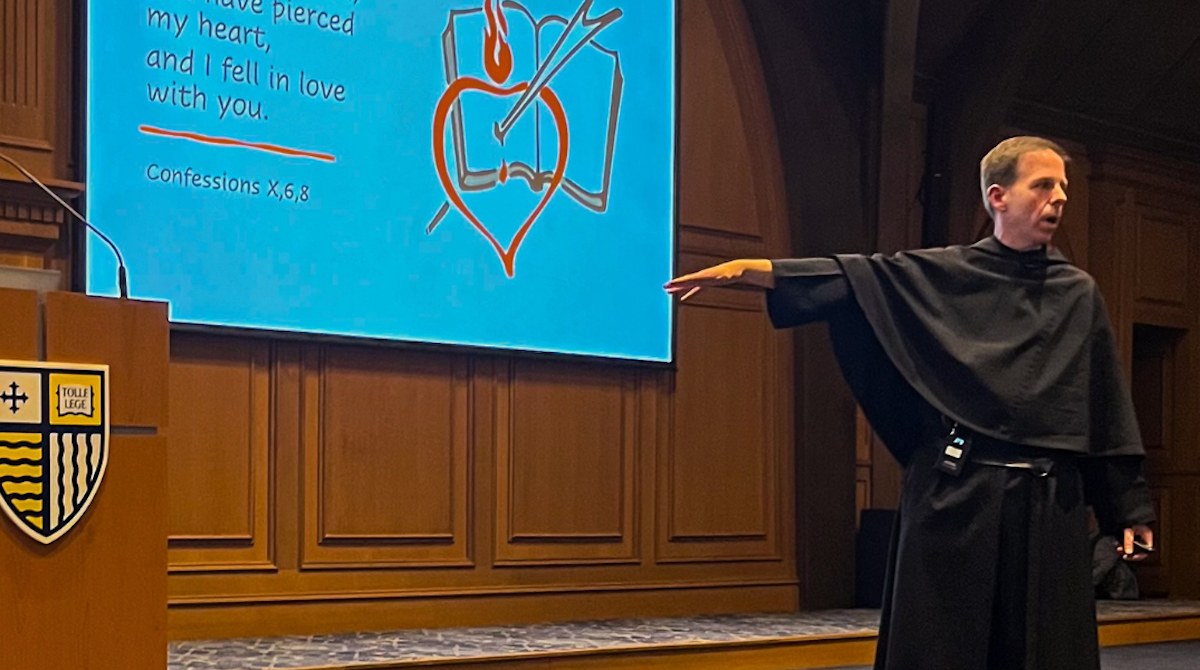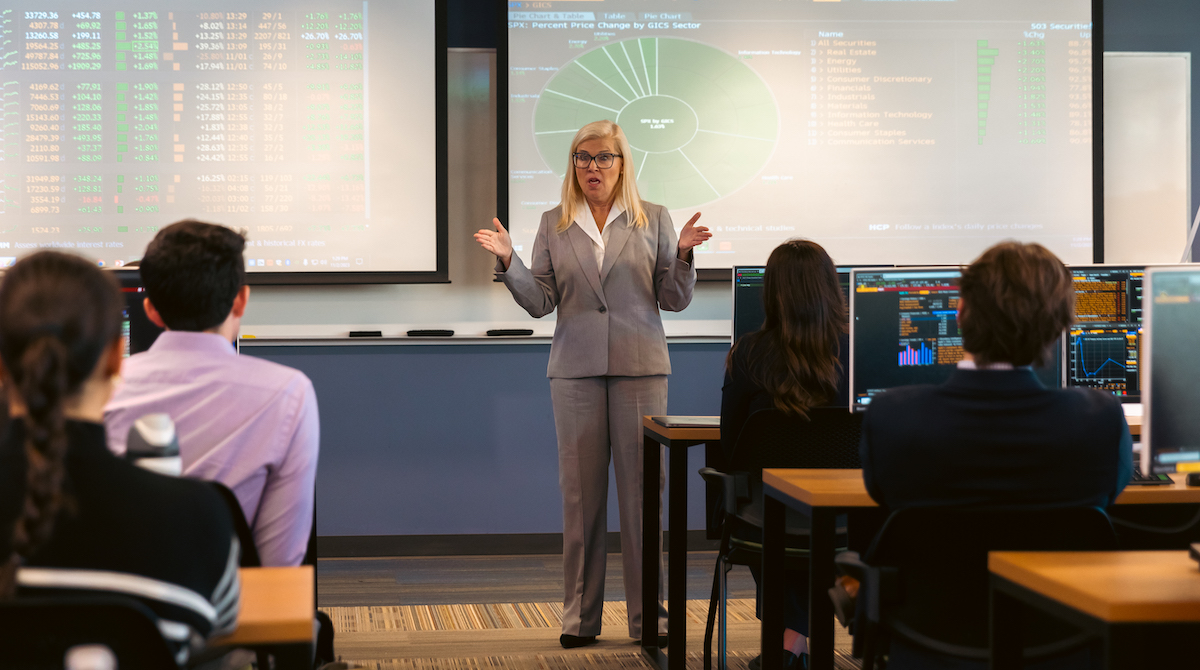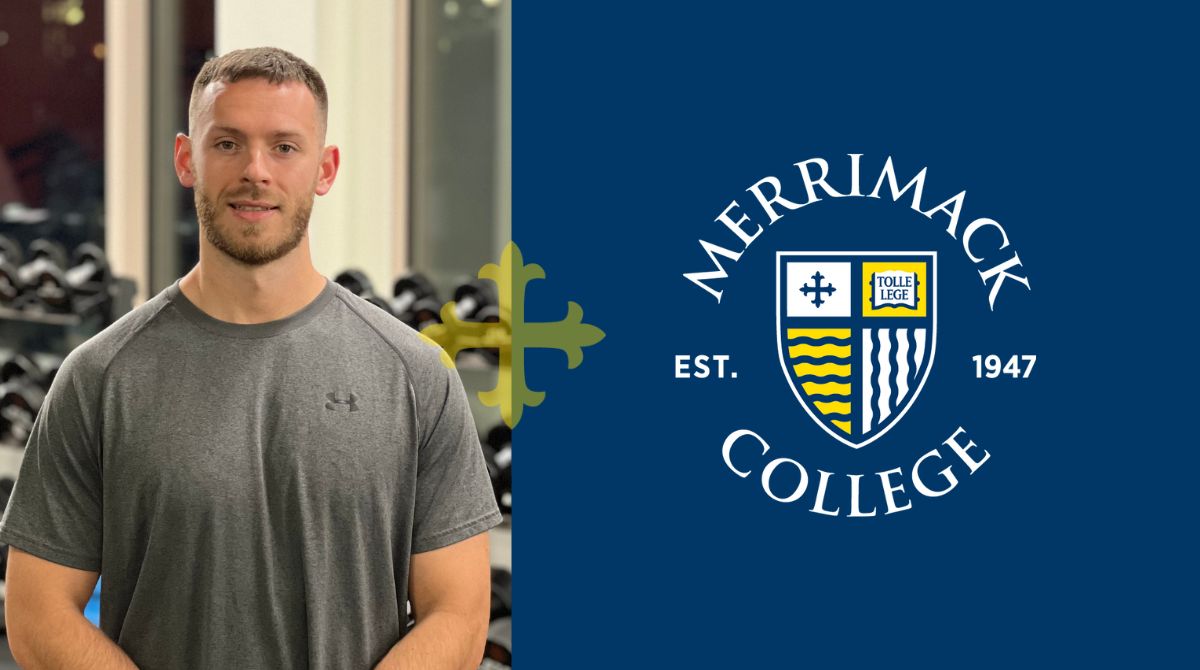Merrimack College’s dedication to innovating higher education and offering programs that meet the needs of students and employers alike has led to the launch of the College’s path-breaking bachelor of arts in humanities.
“A lot of other schools are looking at their liberal arts and traditional humanities majors and saying, ‘If they’re not growing, we’re going to cut them,’” explained Darren Conine, senior vice provost for enrollment management and student success. “Our faculty took a different approach. There is a lot of value in the humanities and the types of skills you can gain from that degree.”
Beginning in 2025, this program will redefine the liberal arts degree by aligning an interdisciplinary humanities curriculum with durable and enduring skills such as problem-solving, critical thinking, adaptability and communication. The program offers two dozen concentrations, from traditional disciplines such as philosophy, history or English as well as interdisciplinary areas such as bioethics and applied artificial intelligence, and will be offered at an annual tuition rate well below the national average for private higher education institutions.
“From our founding in 1947, Merrimack has sought to offer a pathway to upward mobility,” said Provost and Senior Vice President for Academic Affairs, John “Sean” Condon. “The B.A. in Humanities fits squarely in that tradition and mission.”
Merrimack faculty members who developed the degree specifically engineered it to foster sought-after skills in today’s workforce. Employers are routinely surveyed on what they’d like to see from potential employees, Condon noted, and the same skills always come up – good communication, the ability to think flexibly and creatively, and having a keen attention to detail, to name a few.
“In higher education, there’s often an artificial distinction drawn between ‘professional’ degrees like business and engineering, and ‘less practical’ degrees like history, English and philosophy,” said Condon. “That way of thinking is not correct. If you look at the kinds of skills that employers are looking for, those skills are exactly what students who dedicated themselves to studying the humanities can learn and master.”
The program is available to new students enrolling in Merrimack’s spring 2025 semester. For additional information on the program features and tuition, click here.





